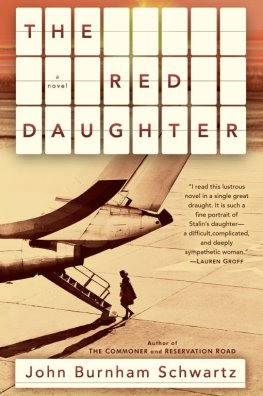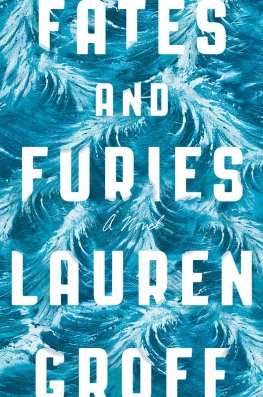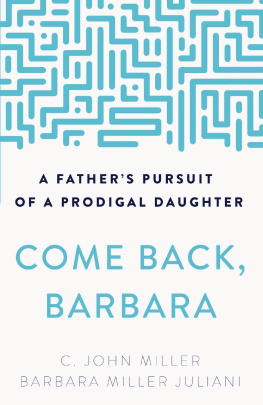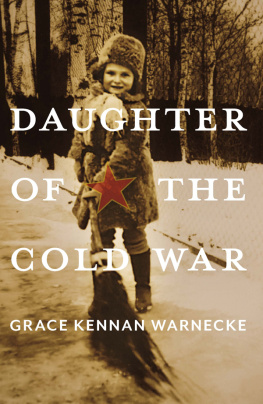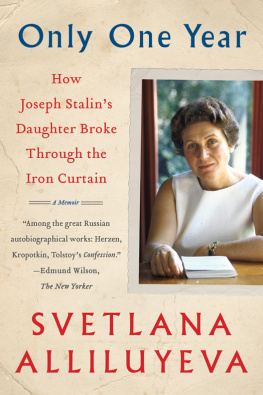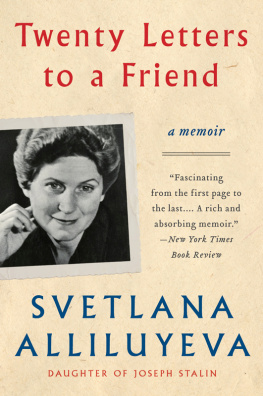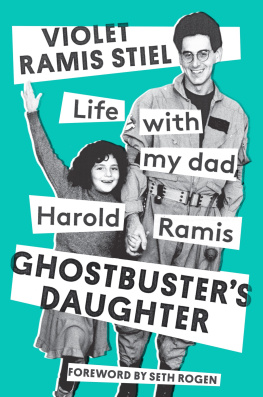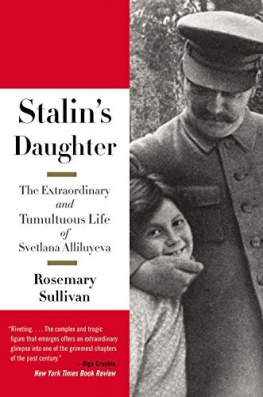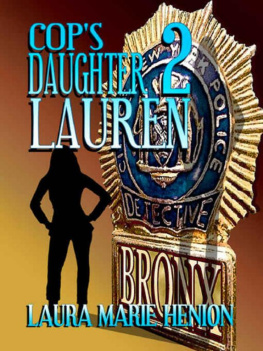John Burnham Schwartz
THE RED DAUGHTER
IN MEMORIAM
SVETLANA IOSIFOVNA ALLILUYEVA
19262011
Stalin was the father of Russia.
All children adored him.
PHOTO CAPTION, STALIN MUSEUM, GORI, GEORGIA

PART ONE

Her face was staring up at me from the front page of The New York Times. On the right edge of the grainy black-and-white photograph taken at Kennedy Airport that day forty-four years earlier, I could just make out the crescent-shaped smudge that had been the tip of my elbow, before Id been digitally amputated from the frame. For years a copy of the original picture, with me still included, had hung on the wall of my law office, signed To Peter with love. Clients would frequently remark on it, such was her fame in those days.
Shes really the daughter of Joseph Stalin?
Yep, she really is.
Jesus. Can you imagine what that mustve been like?
No, actually. The Great Famine, the Great Purge, the Great Terror Stalin guilty of the murderits clear now, if it wasnt fully so at the timeof more than twenty million of his people through mass political executions, Gulag labor camps, enforced starvation, deportations, and other means. Of course, through much of this his daughter, Svetlana, had been just a girlDaddys Little Housekeeper, as the dictator used to call her with tender affection. Many of her own family members had disappeared with the others.
Shed first defected while on a Kremlin-sponsored trip to India. From there, with covert American assistance, shed managed to get to Switzerland, where she was forced to wait for months while the United States decided whether we would accept her. In 1967, at the height of the Cold War, Stalins daughter was seen by many in the CIA and State Department as too radioactive to handle, likely to upset the fragile balance of nuclear forces thought to be keeping the world, if only barely, from self-annihilation.
Meanwhile, one evening in Princeton, New Jersey, George Kennan, the greatest diplomat and Russia analyst of his era, was playing bridge with his neighbor Lucas Wardlow, Senior Partner of the Manhattan law firm Wardlow Jenks & Hayes and, as it happened, my employer and mentor. Which was how I came to be witness when, in the middle of a three no-trump bid, Kennan let Wardlow in on a secret then known to only a handful of people in the world: Svetlana Alliluyeva (shed taken her mothers family name after her fathers death in 1953) was in possession of the only manuscript of her unpublished memoir. Kennan asked Wardlow, with the State Departments blessing, to look into arranging for possible publication of the book.
First, however, the U.S. government would have to agree to admit the author to our country. That very evening Kennan phoned the Attorney Generals office in Washington and requested that a meeting of the various interested parties, as he called them, be scheduled for the end of the week. Wardlow was to be there. Seeing my chance, I suggested to my boss that having me at the meeting as his assistant could be of practical benefit. To my surprise, he agreed.
As it turned out, on the day of the meeting I was not the only young man in the AGs office. A CIA officer named Dick Thompson, a Yale grad about my own age with an affable but obscure manner and a noticeable limp, nodded to me as his superior from Langley launched into a speech about how the Soviets were likely to react if we took in Stalins daughter and then published her memoir on the eve of the fiftieth anniversary of the October Revolution. Brezhnev will blow his fucking top. As a matter of fact, Langleys already picking up serious chatter about Russian plans to assassinate Svetlana while shes still on Swiss soil.
Hold on a second, Kennan broke in impatiently. Dont tell me were going to turn away the single most important Soviet defector in our countrys history?
Not our business, the AG replied. The United States government cannot officially be seen to be involved in this matter in any way.
Officially? Kennan repeated, nailing home his point.
There was a knowing pause, an understanding in the room; then the renowned Russia expert shot a glance at Wardlow, who demanded a phone and placed a call. Within the hour a deal had been struck with Harper & Row for world publishing rights to the first memoir by the only daughter of Joseph Stalin for one and a half million U.S. dollars. This was the offer of welcome that would be presented to Svetlana Alliluyeva in return for her promise not to actively engage with her former nation while living in this one. Her father might be officially discredited in the Soviet Union, but never in the history of the world had there been a ghost with such stubborn and malevolent power over his traumatized people. No, she must not needlessly antagonize. Her presence would be enough. Her presence and her voice, captured in a book read and analyzed by millions of Americans and, eventually, by free people everywhere. Besides which, the woman would be rich. If that didnt make her feel American, the men in Washington believed, nothing would.
However, it was not Lucas Wardlow who clandestinely traveled to Switzerland to smuggle the Cold Wars most famous defector out of that country and into ours. The eminent attorney was feeling his age; these days he preferred golfing at the Princeton Country Club to the cloak-and-dagger stuff. I, on the other hand, was thirty-four, married and with a young daughter, andperhaps most relevantconsiderably closer to the subject-in-questions own age of forty-one.
Wardlow phoned me at home during dinner to check that my passport was up to date. I confirmed that it was. Good, he said, because youre leaving tomorrow afternoon. Keep your eyes open. Youll be flying home under a different name.
The next day, still as Peter Horvath, I flew to Frankfurt and took a taxi to the rail station, where I boarded a train to Basel. In Basel, I was met by a Swiss Italian gentleman, distinctly courteous, who I was to understand was head of the Eastern Section of the Swiss Intelligence Facility. Over coffee, he calmly made the observation that the Soviets would rather kill Svetlana on Swiss soil than see her handed over to the Americans; kill me too, was the implication. He then put me on the train to Zurich and waited patiently on the platform, a faint half smile on his very correct face, until he was sure the train had left the station with me still aboard.
In Zurich, a discreet Swiss lawyer picked me up at the station and drove me to a motel (I seemed to be the only guest) near the airport. It was almost midnight. He advised me in his clipped German-English to get some sleep as they would be coming for me at half past five. With these words of good night he left me and, after locking my flimsy door and securing it with a tipped desk chair (I too had seen The Third Man and read The Spy Who Came In from the Cold), I collapsed on my bed with my eyes wide open.
Six hours later, wearing a clean shirt but the same suit and tie, I was led by an armed guard into a small windowless room in the departures terminal at Zurich Airport. Seated at a table were yet another Swiss lawyer (likely a secret service agent of some kind) and a pretty woman roughly my own age with pink cheeks and a head of thick red hair worn in a short, full style that, while feminine and attractive on her, nonethelessto my mind, anywaysuggested an upper-echelon Eastern Bloc aesthetic.

